Ferro silicon magnesium (FeSiMg) is an alloy composed of iron (Fe), silicon (Si), and magnesium (Mg). It is commonly used as an inoculant in the production of ductile iron and compacted graphite iron. In this article we highlight Ferro silicon magnesium uses in the industry.
Pars Manganez Naqsh Jahan Company proudly considers its position as a leading force in alloy production to supply high quality raw materials free of impurities in the global steel industry. Armed with innovative technologies and exceptional technical expertise, we are ready to manufacture alloys with precise compositions that meet the specific industrial needs of our global audience. By striving for continuous improvement, we have made it a priority to enhance product quality, provide exceptional service and strengthen cooperation with the steel industry worldwide. For more information, please contact us via email.
ferro silicon magnesium composition
before Ferro silicon magnesium uses we should know about ferro silicon magnesium composition:
- Iron (Fe): The base metal, providing strength and structure.
- Silicon (Si): Enhances fluidity and promotes the formation of graphite in the iron, which contributes to the ductility of the final product.
- Magnesium (Mg): Acts as a nodulizer, promoting the formation of graphite nodules in the iron. This is crucial for obtaining the desired mechanical properties, such as increased ductility and strength.
read more: ferro silicon magnesium composition
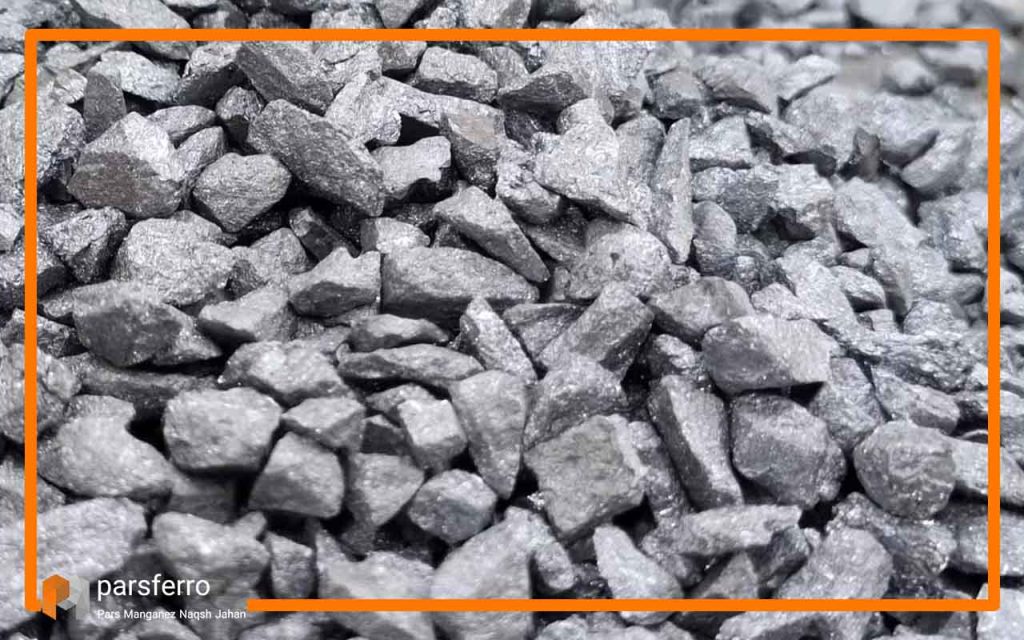
benefits of ferro silicon magnesium uses:
This alloy is primarily used as an additive in the production of nodular or ductile iron, which is an important material in the foundry and casting industry. Here are some of the benefits of using ferro silicon magnesium:
- Enhanced Machinability: Nodular or ductile iron produced with the help of ferro silicon magnesium is known for its good machinability. This makes it easier to machine and process the material into desired shapes.
- Reduced Shrinkage and Porosity: The alloying elements in ferro silicon magnesium contribute to a reduction in shrinkage and porosity in cast iron. This improves the overall quality and integrity of the castings.
- Thermal Stability: Ferro silicon magnesium enhances the thermal stability of the cast iron, making it more resistant to thermal stresses and changes in temperature during the casting process.
- Cost Efficiency: The use of ferro silicon magnesium can result in cost savings by improving the efficiency of the casting process and reducing the need for additional treatments or additives.
- Consistent Quality: The controlled addition of ferro silicon magnesium allows for the production of castings with consistent and predictable properties, ensuring uniform quality in the final products.
- Versatility: Nodular iron produced with ferro silicon magnesium is versatile and finds applications in various industries, including automotive, construction, and engineering, where high-strength and ductile materials are required.
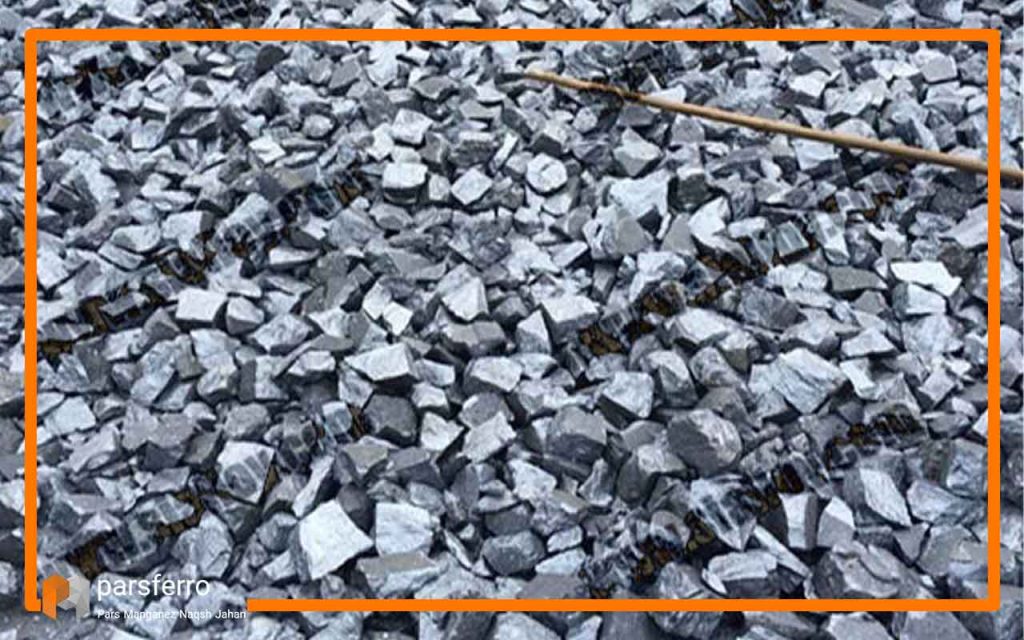
It’s important to note that the specific benefits may vary depending on the composition of the alloy, the casting process, and the application requirements. Manufacturers often tailor the composition of ferro silicon magnesium to meet the specific needs of their casting operations.
What is Ferro silicon magnesium uses
Here are some of the primary uses of ferro silicon magnesium:
1. Inoculation of Cast Iron
One of the main applications of FeSiMg is in the production of cast iron. It is used as an inoculant to promote the formation of graphite in cast iron, which improves the mechanical properties of the material, such as strength and ductility. ferro silicon magnesium as an inoculant has several specific uses:
- Promoting Nodularity
Ferrosilicon-magnesium is commonly used in the production of ductile iron (also known as nodular or spheroidal graphite iron). The magnesium in FeSiMg reacts with the sulfur and oxygen in the molten iron, promoting the formation of spherical graphite nodules instead of the flake graphite found in traditional gray iron.
- Improving Mechanical Properties
The addition of ferrosilicon-magnesium helps improve the mechanical properties of cast iron, such as ductility and toughness.The nodular graphite structure imparted by FeSiMg enhances the cast iron’s ability to deform before fracturing, making it more ductile.
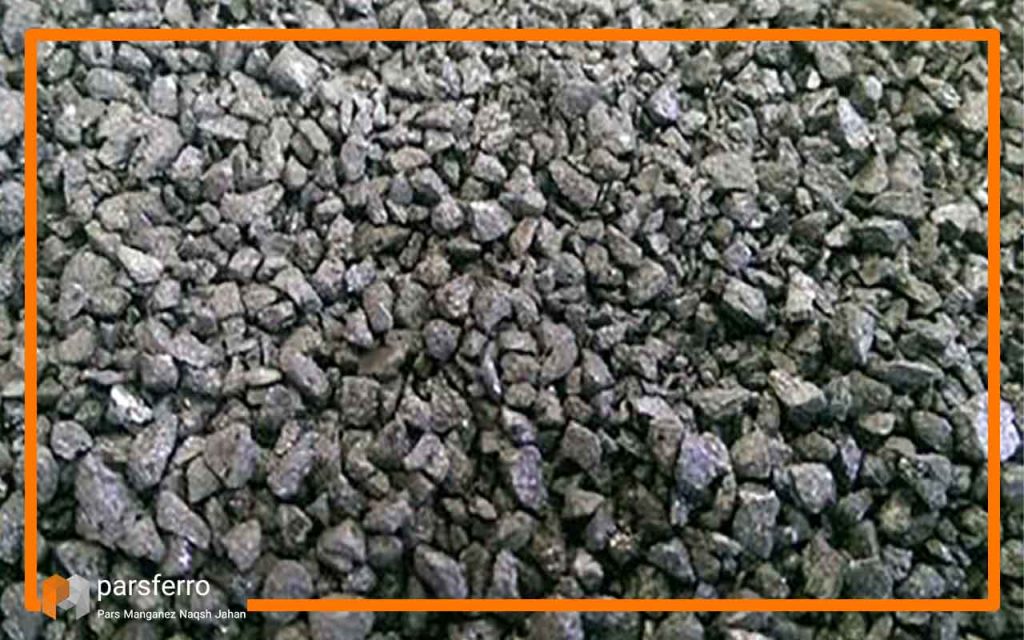
- Reducing Shrinkage Defects
Ferrosilicon-magnesium can assist in minimizing shrinkage defects in the casting by controlling the solidification process.
- Controlling Graphite Formation:**
– The magnesium in FeSiMg acts as a nucleating agent, influencing the graphite structure in the cast iron. This controlled graphite formation is crucial for achieving desired material properties.
- Ensuring Consistent Properties
Ferro silicon magnesium uses allows foundries to achieve consistent and reproducible mechanical properties in cast iron, which is important for meeting specific engineering requirements.
In summary, ferrosilicon-magnesium serves as an effective inoculant in the production of nodular or ductile cast iron. It plays a key role in shaping the graphite structure and enhancing the mechanical properties of the cast iron, making it a widely used alloy in the foundry industry.
2. Nodularization of Ductile Iron
FeSiMg is added to molten iron to produce nodular or ductile iron. The magnesium in the alloy helps to nodularize the graphite, giving the iron improved toughness and ductility. This is crucial for applications where the material needs to withstand impact and fatigue.
3. Deoxidation and Desulfurization
On of the Ferro silicon magnesium uses in steelmaking processes for deoxidation and desulfurization. It helps remove impurities like oxygen and sulfur from the molten steel, contributing to the production of high-quality steel with improved mechanical properties.
4. Alloying Element
FeSiMg is sometimes used as an alloying element in the production of certain types of steel. It can enhance the steel’s resistance to corrosion and improve its strength and hardness.
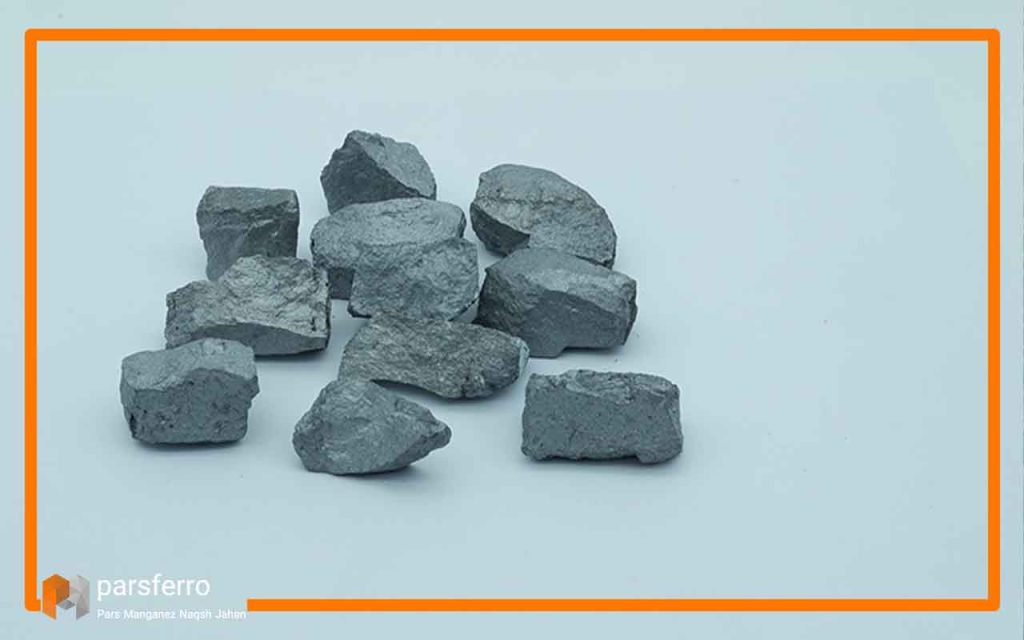
5. Automotive Industry
The automotive industry is a major consumer of nodular iron, which is produced using FeSiMg. ferrosilicon-magnesium is indeed used in the automotive industry, particularly in the production of cast components for vehicles. The automotive industry utilizes various metal casting processes, and ferrosilicon-magnesium plays a crucial role in achieving specific properties in cast iron components. The ductile iron made with the help of this alloy is used in engine blocks, crankshafts, and other critical components due to its high strength and ductility.
read more: ferro silicon magnesium manufacturing process
6. Pipe and Fittings Manufacturing
Ductile iron pipes and fittings are often produced using FeSiMg to achieve the desired mechanical properties. These pipes are used for water and wastewater transportation due to their durability and corrosion resistance.
7. Foundry Applications
FeSiMg is widely used in foundries for producing high-quality castings with improved properties. It helps control the microstructure of cast metals, enhancing their performance in various applications.
It’s important to note that the specific composition of ferro silicon magnesium can vary depending on the manufacturer and the intended application. The alloy is chosen based on the desired properties of the final product, and its use is widespread in industries that require materials with enhanced strength, ductility, and other mechanical characteristics.
Conclusion
In conclusion, Ferro silicon magnesium (FeSiMg) stands as a crucial alloy in the metallurgical industry, finding diverse applications across the steel and foundry industries. With its well-defined composition of iron, silicon, and magnesium, FeSiMg serves as a key inoculant in the production of nodular or ductile iron, offering a range of benefits such as enhanced machinability, reduced shrinkage and porosity, thermal stability, cost efficiency, consistent quality, and versatility in application. Its role in promoting the formation of spherical graphite nodules in cast iron contributes to improved mechanical properties, making it an indispensable component in the manufacturing of critical components for the automotive industry, pipes, fittings, and various other foundry applications.

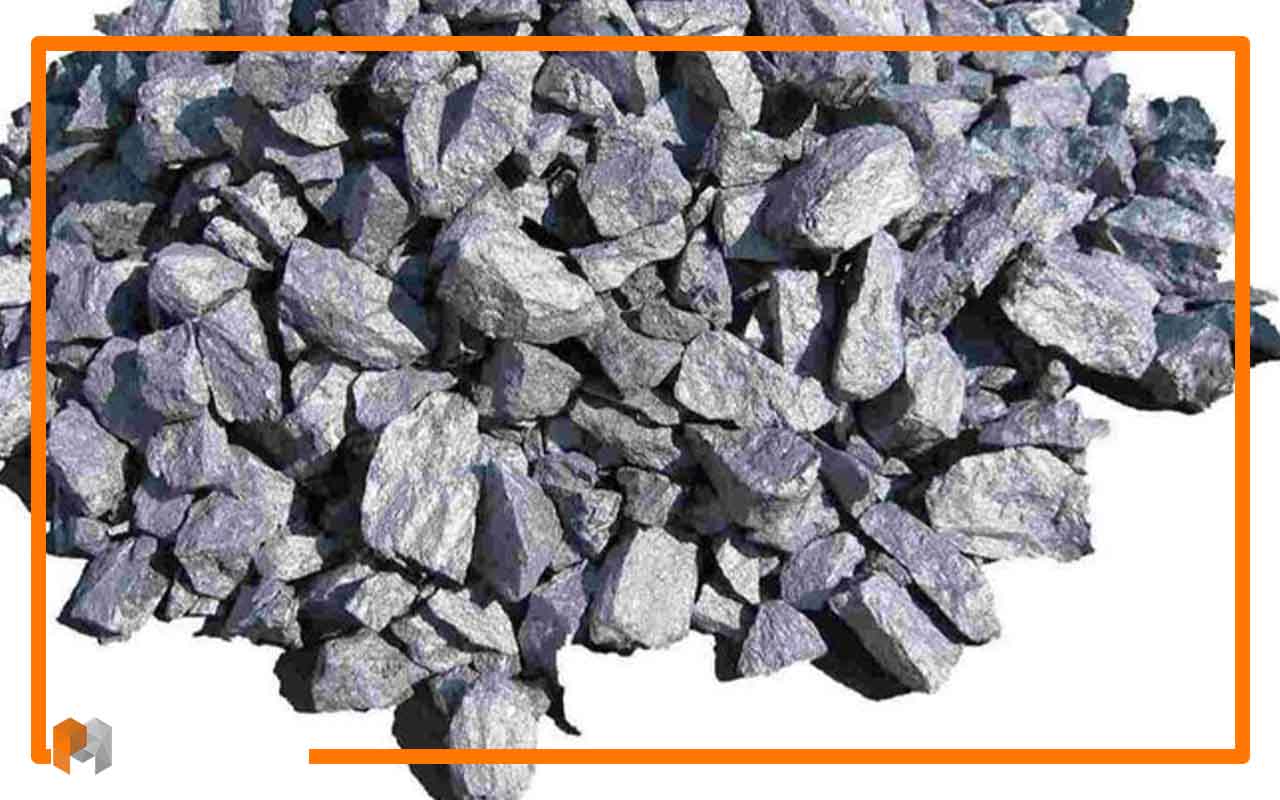
No comment